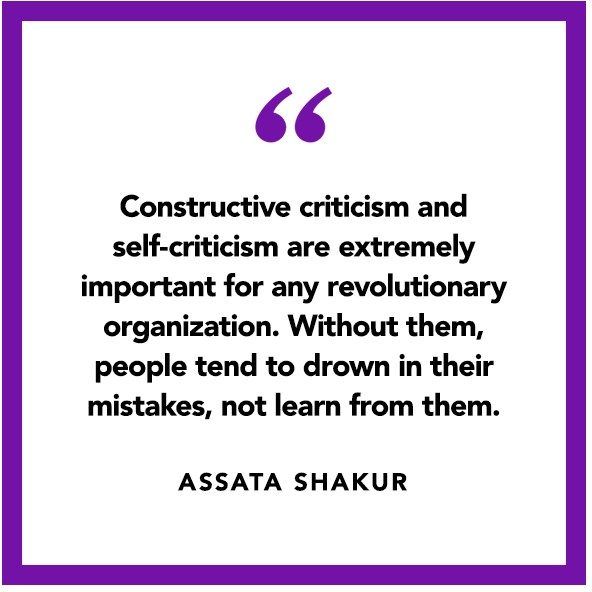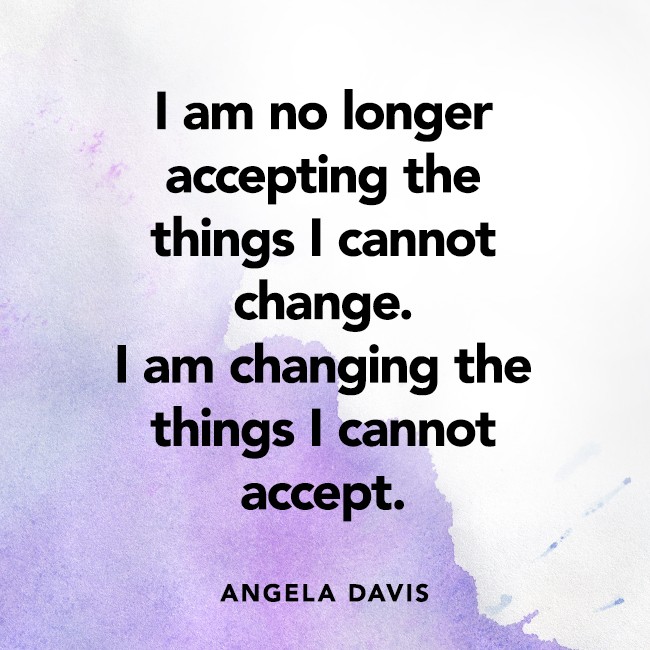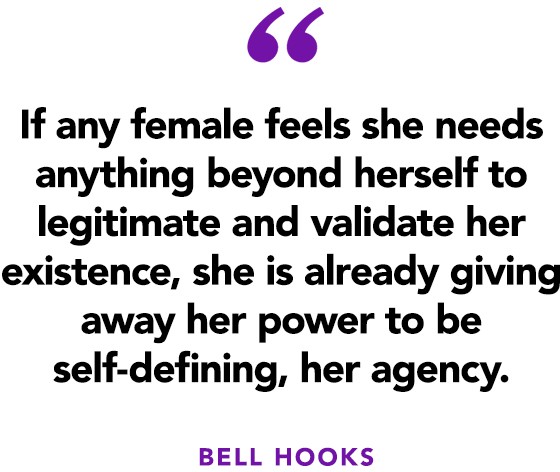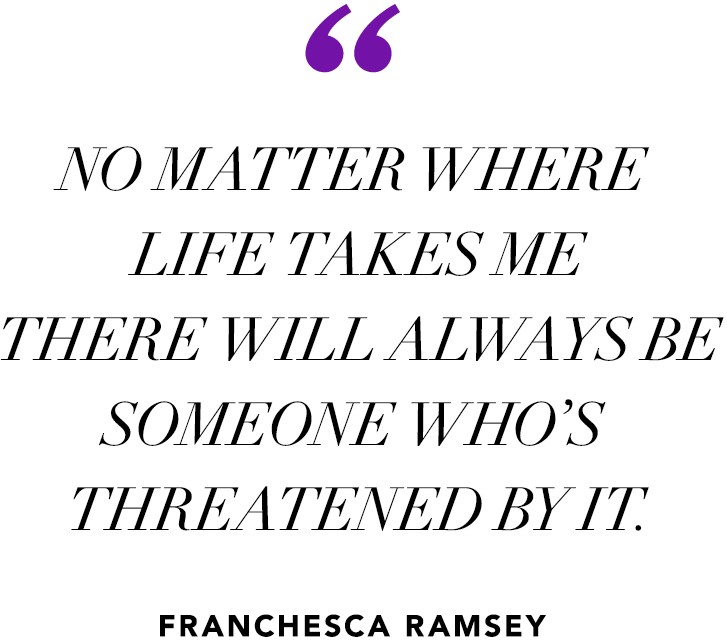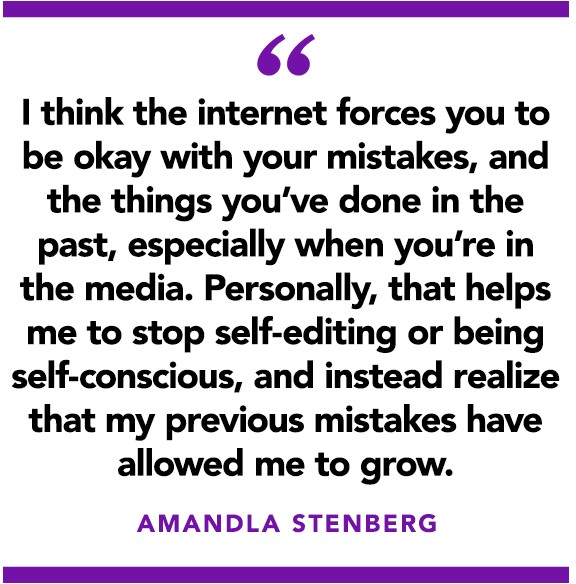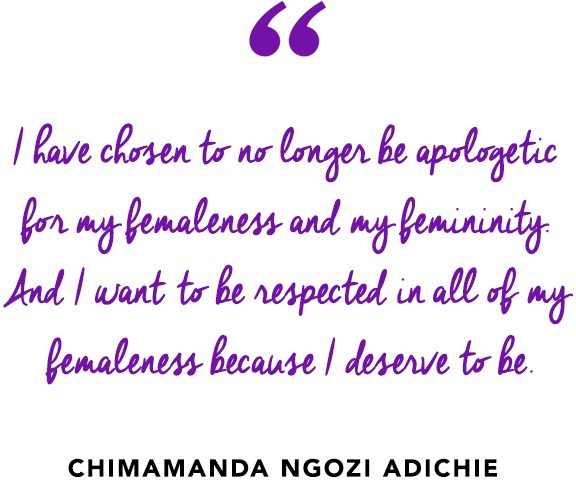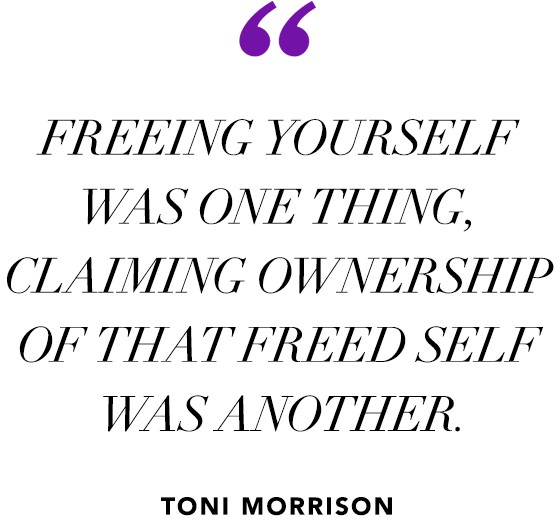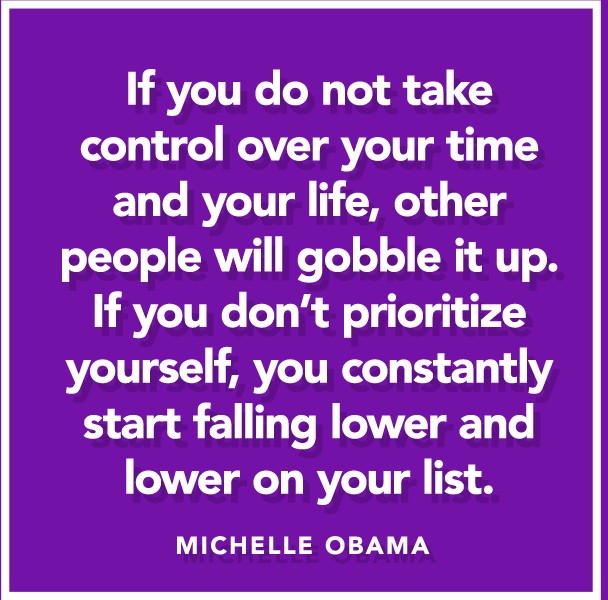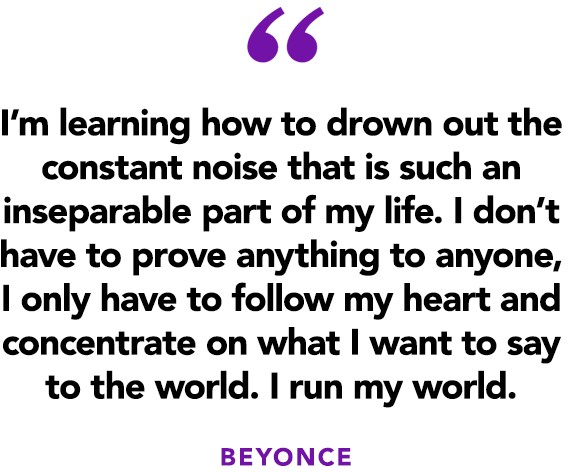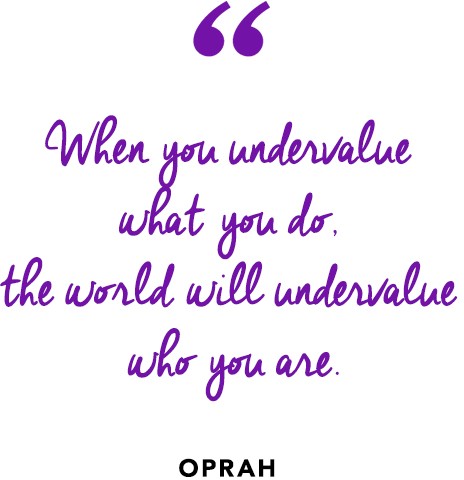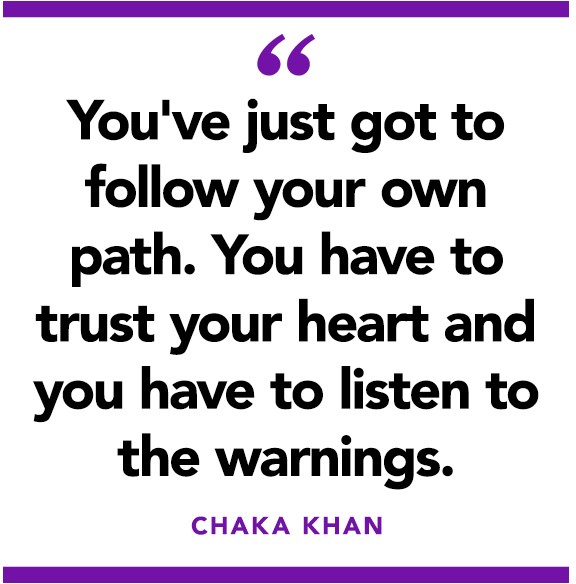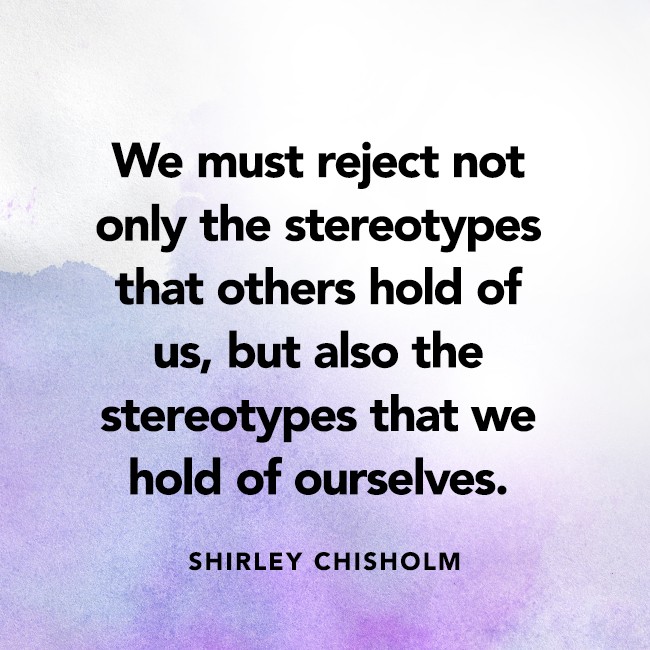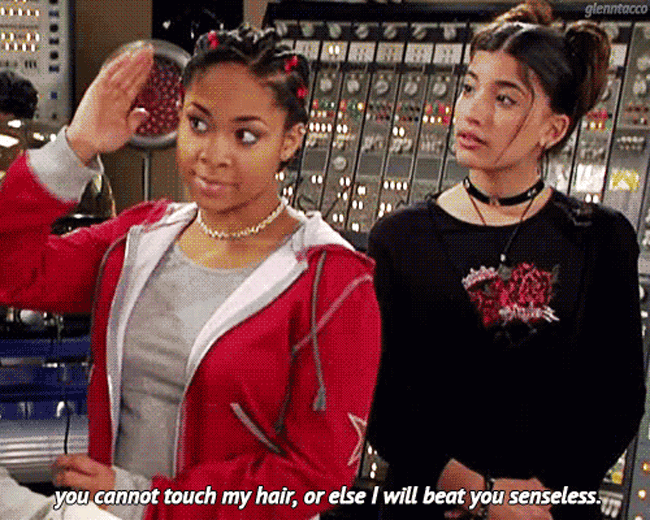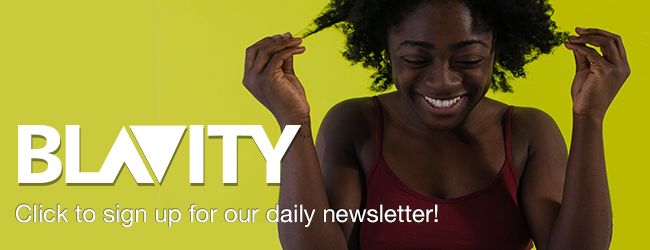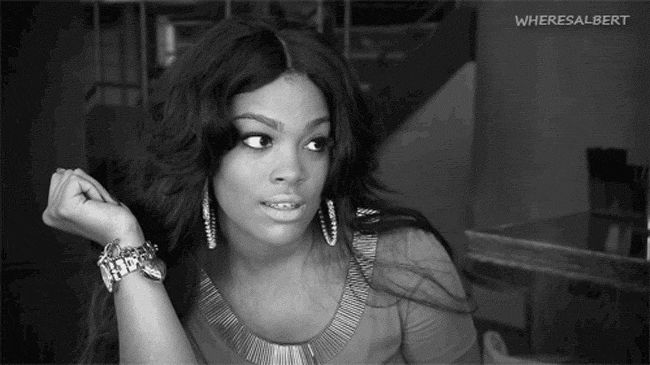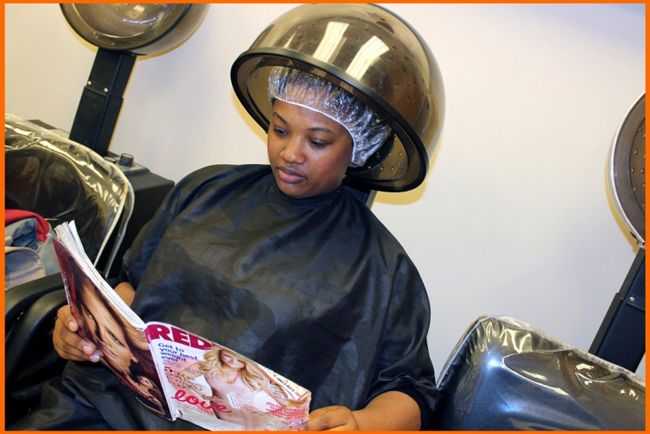Search Results: Blavity

“Fine, I’ll do it,” said every black woman who has ever felt the need to step up to the occasion for the lack of everyone else’s effort.
As women, we work tirelessly to build up those around us — our men, our children, our families, our peers. But who works to build us up? Who keeps us grounded while we try to uplift everyone else?
Time and time again, black women have proven to the world that we are the glue that holds it all together. That we are the providers of discipline and delight. That we are the voice of reason when the rest of the world commits treason and turns their backs on our black and brown counterparts.
Black women empower other women. Black women set trends that raise the bar of coolness. Black women are the think tanks behind some of the world’s most powerful revolutions and have no shame of being at the forefront.
The Black Power Movement would encourage us to take pride in our blackness from head to toe and mind, body and soul. Artists, novelists, poets and public speakers alike would eloquently piece together the visuals and lyrics of our struggle and our triumph. A revolution would transpire when our country seemed to have forgotten our significance, causing three black feminists to create the Black Lives Matter movement.
In the midst of it all, we’ve been able to find serenity in the gift that keeps on giving: self-empowerment. We know our value. We know our worth. We know our purpose. Our predecessors paved the way for us to live unapologetically in our paths and create the narrative for our journeys that would help us recognize the greatness within ourselves.
To jump start your own self-empowerment journey, here are 14 quotes from famous black women; whether they may be revolutionaries, entertainment figures, or artists, they’ve all lead us into a movement that will inspire the masses as we profess our magic. Let their words inspire your personal journey for bringing out your inner leader.
This article was written by Simone and originally published on Blavity.
For more articles like this, sign up for their newsletter!
Then I heard the words pass between her lips, “tender-headed.
She said them with a lot of frustration. I annoyed my hairdressers, too, because I wouldn’t let them manhandle my head in order to achieve the style my mom wanted for me. Surprise, surprise, they also called me tender-headed.
There’s this idea that us tender heads are faking the severity of our pain because people assume we don’t want to get our hair done, or that we are the type who like to whine (which is ridiculous”>. Why would I fake something that seriously hurts? Luckily, I didn’t have many scalp problems throughout my teenage years or my early college days because, for some reason, my then-relaxed and straightened hair had alleviated my issues.
But four years and two big chops later, I abandoned the curly crack and the alluring heat of the flat iron and went natural.
I thought I had it all figured out, but as my hair got longer, my scalp health seemed to worsen. All the coconut, shea and olive oils I piled onto my scalp did nothing to ease the recurring pain, and styling my own hair soon became a nightmare. The dandruff returned along with intense itching and pain so bad I couldn’t so much as touch certain parts of my head. I had no idea what was going on, but I realized that I was tender-headed once more. I had a feeling that my tender head was a result of something more serious, something worthy of a visit to the doctor.
So I finally made an appointment with my local dermatologist because enough was enough.
I explained to her what was going on with my scalp, then nervously parted my hair for her. She chuckled and waived it off like it was the easiest diagnosis in the world. “Oh, that?” She smiled, “You just have seborrheic dermatitis.”
Um…sebo-what?
For those of you who don’t know, seborrheic dermatitis is a condition that produces oily flakes and red patches, itching, burning and stinging despite having good hygiene. Though the cause is unknown, it’s said to be related to a yeast that lies in the oil secretion of the skin, or an inflammatory response related to psoriasis. It’s a lifelong condition that flares up and calms down, and can only be treated because there isn’t a cure. Simply put, it explained a lot.
So all it took was a doctor consultation that lasted two minutes.
You best believe that once I left the dermatologist’s office I raided my local Walgreens and bought all the weird-smelling dandruff shampoo I could carry. My already-too-long hair routine was going to go through a massive overhaul and I wasn’t too enthused about having to use medication for my scalp condition; but whatever would keep my head from hurting I vowed to suck up and do.
In the wake of the growing natural hair movement, I feel that we need to address all aspects of black hair health, including our scalps. The term “tender-headed” is very dismissive of underlying issues that might need to be addressed, such as eczema, psoriasis or even alopecia. It’s a stigma that we need to re-evaluate in order to promote optimal hair health as well as our overall health. Those of us with sensitive scalps should be treated with care, not disdain, because we all want that slay-the-game goddess hair, too.
What are your opinions about the term and how it affects those with sensitive scalps? Were you tender-headed but later realized they had a scalp condition? Leave your comments below!
If you’ve been diagnosed with seborrheic dermatitis, here are 5 quick tips for how to care for your scalp.
What does wash day look like when you have this condition? Here is one editor’s wash day regimen.
This article was originally published by Blavity. If you’d like to see more content like this, sign up for their newsletter.
Whether you’re boooked for a fresh lock twist or a new install, when you step into the beauty shop, styling is only a fraction of what you can expect. Brace yourself on any given salon visit to meet at least a few of the following cast of interesting characters:
1. The Gossip
She’s always at the shop, she know everybody’s business, and what she doesn’t know, she’s happy to fill in. We aren’t sure if she even gets her hair done, but best believe she’ll be making her rounds from station to station, serving up that freshly brewed premium tea.
2. Deaconess First Lady-Elect
Oh, you thought she came in for that fresh set and curl for Sunday Service? No ma’am, she came here to judge. Ain’t none of y’all living right up in here.
3. The Insta Model
She has all-access passes to every event, a body that refuses to quit and an IG following of 75K. You can catch her in the chair taking duck lip selfies of that fresh install.
4. Hustle Man
You hungry? Hustle man is here with them hot fish plates. Need that new designer-like bag? Hustle man got you. Don’t sleep on the hustle. He got dresses, blu-ray discs and dental plans for the low-low.
5. The Introvert
There are a lot of strong personalities in here. The volume stays on 10. If you’re not paying attention, you might not even notice my girl under the dryer minding her magical black business.
6. The Intern
Baby girl just graduated from beauty college and she came to work, work, work, work, work, work! Her energy is awe-inspiring. They won’t let her touch the hot tools yet, but she sweeps, runs errands and hooks up all the pre-sew-in cornrows.
7. The Don
His hands are gifted and his book stays full. There is absolutely no style, color or technique he can’t slay! If you’re privileged to have your scalp graced by his touch, prepare to have your entire life politely gathered, folded and neatly tucked away.
8. The BAWSE
The salon owner is super chill and down to earth and 100 percent about her business. If you’re working in her shop, your rent will be paid on time, your clients will be set as scheduled and the petty drama will not be tolerated.
9. The Bougie Chick
All designer everything. You can find my girl under the dryer, giving head-to-toe brand check and looking generally annoyed. If you can’t elevate her status, save your friendly salon chat. She can’t be bothered.
10. The Woke One
She comes through bearing homemade butter for her natural client list. Find her at the shampoo bowl kicking knowledge on everything from chemtrails to yoni eggs. Hustle man packs his special organic quinoa and black bean salad just for her. Her aura is always on point.
This article was written by Ebony Flake for Blavity. If you’d like to see more content like this, sign up for their newsletter.

